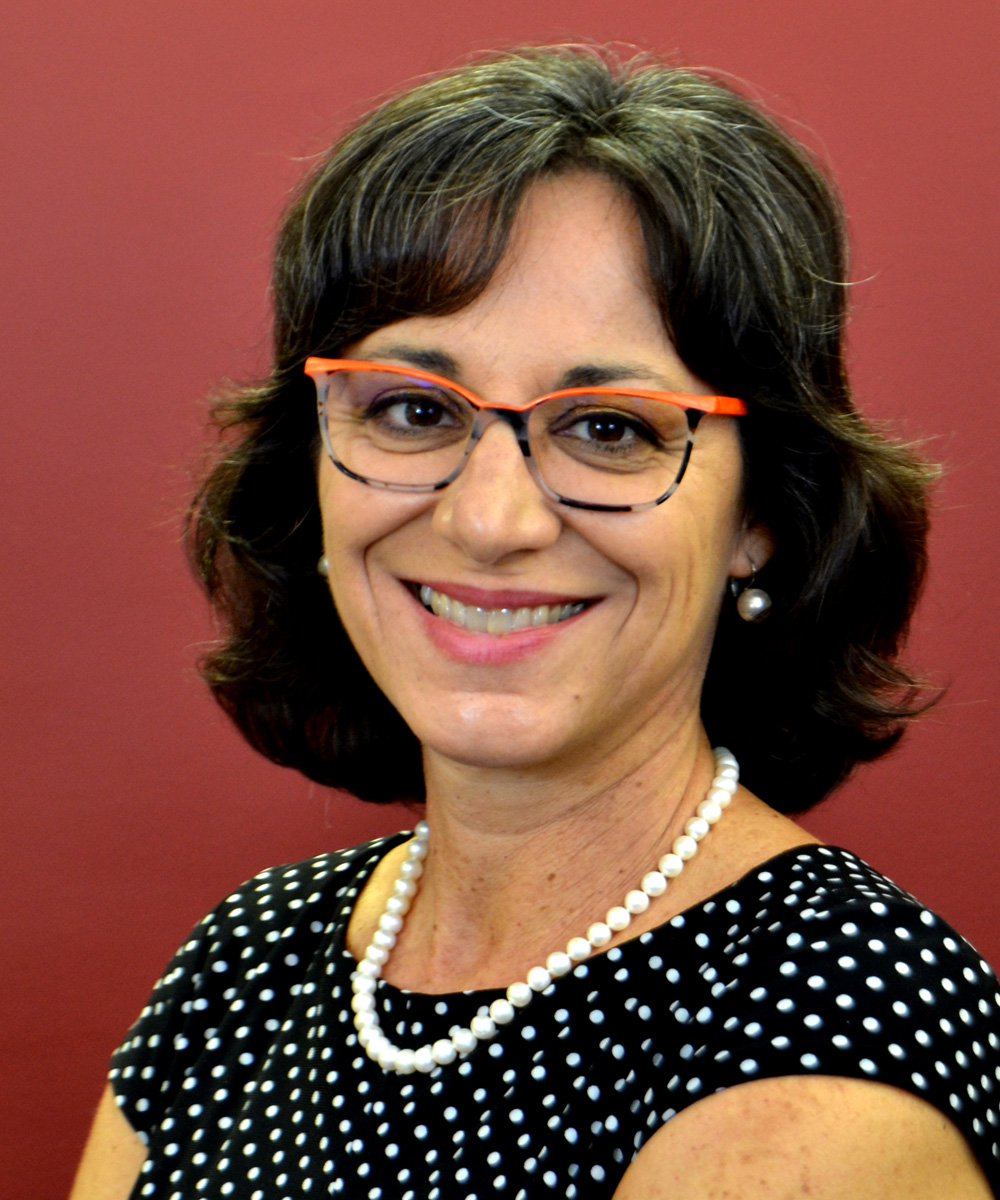Congrats to Paloma Rodriguez for raising the visibility of the University of Florida and UFIC and for pioneering COIL for Staff at UF!
Not only her most recent article was published by NAFSA but Dr. Fanta Aw, NAFSA’s CEO posted about the importance of what are “village” is doing.
Thanks, Paloma for pinning UFIC on the world map of international education!
Developing Professionals to Meet the Needs of the Global Campus Through Virtual Exchange for Staff
Source: NAFSA
Staff in academic service and support units are recognized as crucial stakeholders in the process of achieving comprehensive internationalization (Hudzik 2011). They directly interact with and support international students, faculty, and colleagues and administer programs with global reach. As essential members of the global learning ecosystem on campus, they inform the academic and career choices of students. For instance, they have the power to influence whether a student studies abroad. Despite support staff’s agency and potential to make or break internationalization efforts, institutional strategies often lack an intentional approach to engaging staff in campus internationalization. This failure to leverage and develop staff knowledge and skills is not only a missed opportunity but also a potential pitfall on increasingly globalized campuses, as staff are one of higher education institutions’ greatest assets and contribute to the future of the field. The expansion of Collaborative Online International Learning (COIL) and virtual exchange (VE) offers an innovative way to provide staff with a transformative professional development opportunity and meaningful international experience based on sustained global collaborations with partners abroad.
Why Staff?
Despite university staff’s essential work in supporting internationalization, several studies have shown that these employees have limited opportunities to gain international experience. They also lack access to quality training designed to increase their knowledge and preparedness to interact effectively with domestic and international students, colleagues, and faculty (Brandenburg 2016; Hunter 2017, 2018). As campuses become ever more diverse, the role of staff in internationalization processes needs to evolve to be more active and adaptable. A top-down approach to internationalization that presumes adherence but does not engage all crucial stakeholders limits the effectiveness of internationalization strategies, impacts the quality of services that institutions provide, and has negative effects on staff engagement, potentially affecting productivity and performance (Whitsed et al. 2022).
Some broad staff internationalization programs exist and have a proven record of success. For instance, the Systemic University Change Towards Internationalisation (SUCTI) project focuses on providing staff with an understanding of the internationalization of higher education (SUCTI, n.d.; Hunter 2017; Whitsed et al. 2022). Leveraging intercultural and peer learning and skill development, SUCTI motivates and empowers staff to become agents of internationalization no matter their professional roles. However, despite its wide recognition and implementation in European universities, the program has not become mainstream in other regions of the world. Even when intercultural training or courses such as SUCTI are offered consistently, staff members seldom have an opportunity to be part of an international experience tied to their line of work that is both immersive and community oriented. This oversight often happens because it is assumed that authentic participation in internationalization requires physical mobility, making cost and time significant obstacles for the engagement of large numbers of staff members in global experiences.
To read full article, click here

